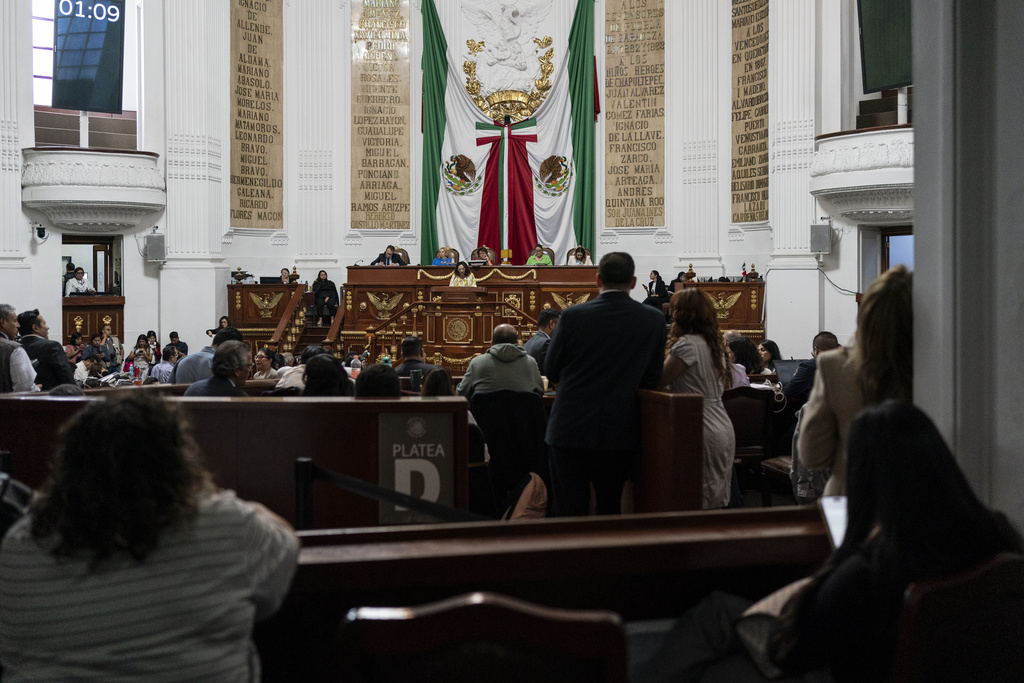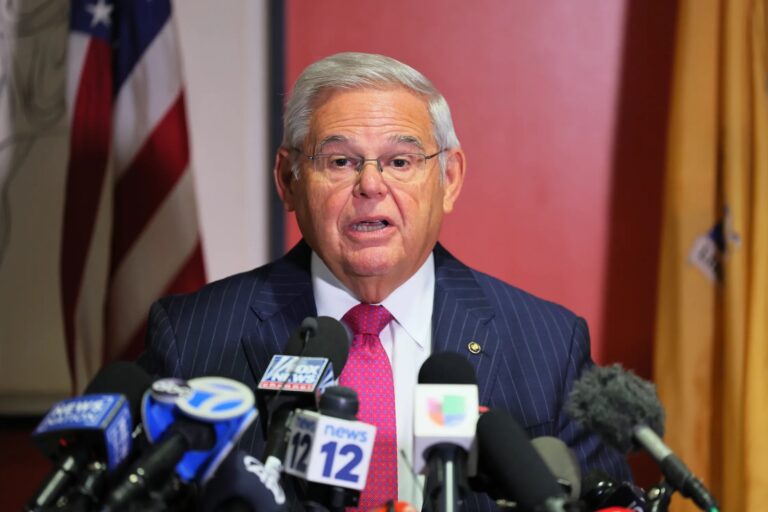
While still in office, former President Andrés Manuel López Obrador, or AMLO, made a bold statement about his country’s judiciary, claiming, “Judges, with honorable exceptions … are at the service of a predatory minority that has dedicated itself to plundering the country.” To say AMLO told a hard truth about Mexico’s judiciary would be an understatement. Just last year, the judiciary of Mexico itself reported that it had, “received 391 complaints of corruption and nepotism within its ranks,” none of which led to any dismissals whatsoever.
Given this staggering fact, it made sense that on Sept. 15 a controversial judicial reform passed, which removed the appointment system of judges in favor of an election system for every judicial position in the country. After President Claudia Sheinbaum took office on Oct. 1, continuing the the Morena political party’s dominance, to which she and AMLO belong, over the country’s political landscape, she reaffirmed AMLO’s will by insisting on the reform’s passage despite the Supreme Court of Mexico accepting a challenge against it.
The reform itself consists of three main sweeping changes. Firstly, and most importantly, the appointment system got entirely overhauled in place of an election system. This will remove over 7,000 judges from their current positions following elections, including those in the Supreme Court. The second of the changes was the dissolution of el Consejo de la Judicatura Federal, which had the role of an “autonomous and independent body” that had the responsibility of oversight, administration, and discipline of the Mexican judiciary. Essentially, now the legislative and executive branches hold the power of judicial oversight, both branches run directly by party-backed candidates. Thirdly, the reform reduces the number of Supreme Court Justices from eleven to nine and limits their terms from fifteen to twelve without re-election.
With the power of voting and appointing judges firmly in the hands of the people of Mexico, the sure hand of democracy will snuff out the deeply rooted corruption that grips the Mexican judicial branch. Or at least, it ought to, right? On paper, such a proposal seems almost obvious. If the current system of appointment has led to nothing but deep corruption, then an overhaul must be the solution. Putting the people in charge will make judges accountable to their will and demands.
Unfortunately, such optimism is radically misplaced. Perhaps in an ideal world of perfect democracy, this reform would play out in the manner its most ardent supporters have implied.
Mexico’s judicial overhaul hardly tackles the real issues at play: corruption. According to Gustavo Flores Macia, “There is little evidence from international experiences that elected judges are less corrupt or less prone to serve special interests than non-elected ones.” This is because in Mexico, organized crime controls politics and elected officials, “across all levels and branches of government.” By simply changing the way in which the country chooses judges, the reform simply gives cartels a need to shift their methods of co-opting power electorally as they have done in other government branches. In fact, it may make it even easier for them, which reveals perhaps the most disturbing possibility about the reform: it likely makes the problem worse.
The first two tenets of the reform completely rewrite the role of the judicial branch and only make it more prone to corruption. Traditionally, most liberal democracies use their judicial system to uphold their constitutional principles and rights. This is often why most of these nations have non-elected judges. Without the pressure of garnering political support, the appointed judges should dutifully carry out their jobs regardless of any political or ideological motivations. In an age of deep polarization, impartial judges stand as a bastion for maintaining unbiasedness and justice for rule of law. However, when countries entrenched in party politics introduce elections into the mix, judges don’t become accountable to the will of the people, they become accountable to the parties that act as the conduit for the people. In the face of deeply polarized party politics, a judicial reform that gives different parties a shot at campaigning for their own candidates could only deepen corruption and clientelism within the Mexican judiciary. Even if the ruling party — in this case Morena — does not have ties with any organized crime, they can still disproportionately control rule of law in the country in a way that benefits them and jeopardizes justice by campaigning heavily for elected judges within their party that will carry out their will regardless of its actual constitutionality.
Many critics worry that this is exactly the intent of the Morena party. Conflict with the judiciary partly defined AMLO’s tenure as president of Mexico, such as the Supreme Court blocking of AMLO’s EIL reform bill. If Morena can get party-aligned judges into the positions of those that previously have come at odds with their policies, none of their policies will face backlash even if they violate aspects of the constitution. This fear that AMLO and Morena only passed this reform as a means of enacting revenge on the Supreme Court and usurping political power only deepens the fears of those who see this reform as a threat to democracy.
Luckily, these critics do not have to solely speak in hypotheticals. Just over 3,800 miles southwest of Mexico, Bolivia has vindicated their worst fears. The nation has experienced the fallout of a judicial overhaul of such a magnitude firsthand. With the outward rhetoric of snuffing out impunity and corruption, they passed a similar judicial reform to Mexico in 2009 and faced the consequences. Just 14 years later, Bolivia, ranked at 131 out of 142 on the World Justice Project Index. The reform has “eroded not only the judiciary’s legitimacy and independence but also the country’s rule of law and its political stability.” Bolivia’s courts now run rife with corruption and still do not have any responsibility to the people. This example shows Mexico how grim their future may be if they follow the same path. Existing corruption would worsen and the problems the reform meant to solve would spiral further out of control.
The solution to corruption clearly does not lie in changing the tradition of appointed judiciary into one of election. If the fear is that courts and judges serve the interest of a powerful minority behind the scene, making that injustice their designated role through elections will certainly not improve that matter. Systemic issues exist at numerous other levels that fuel corruption. For example, law enforcement certainly plays a massive role in the continuity of impunity. About 90 percent of crimes go unreported in Mexico and only 16 percent of investigations get designated as “resolved.” Yet, Morena has not put out legislation on such a scale to address those problems, which only further substantiates concerns of critics’ fears of power co-optation. The issues of corruption run deeper than judge appointment. Rather than placing the integrity of the country’s judicial system and democracy at risk, and possibly worsening criminality, Mexico must invest in actually targeting corruption at its core.
The Zeitgeist aims to publish ideas worth discussing. The views presented are solely those of the writer and do not necessarily reflect the views of the editorial board.



